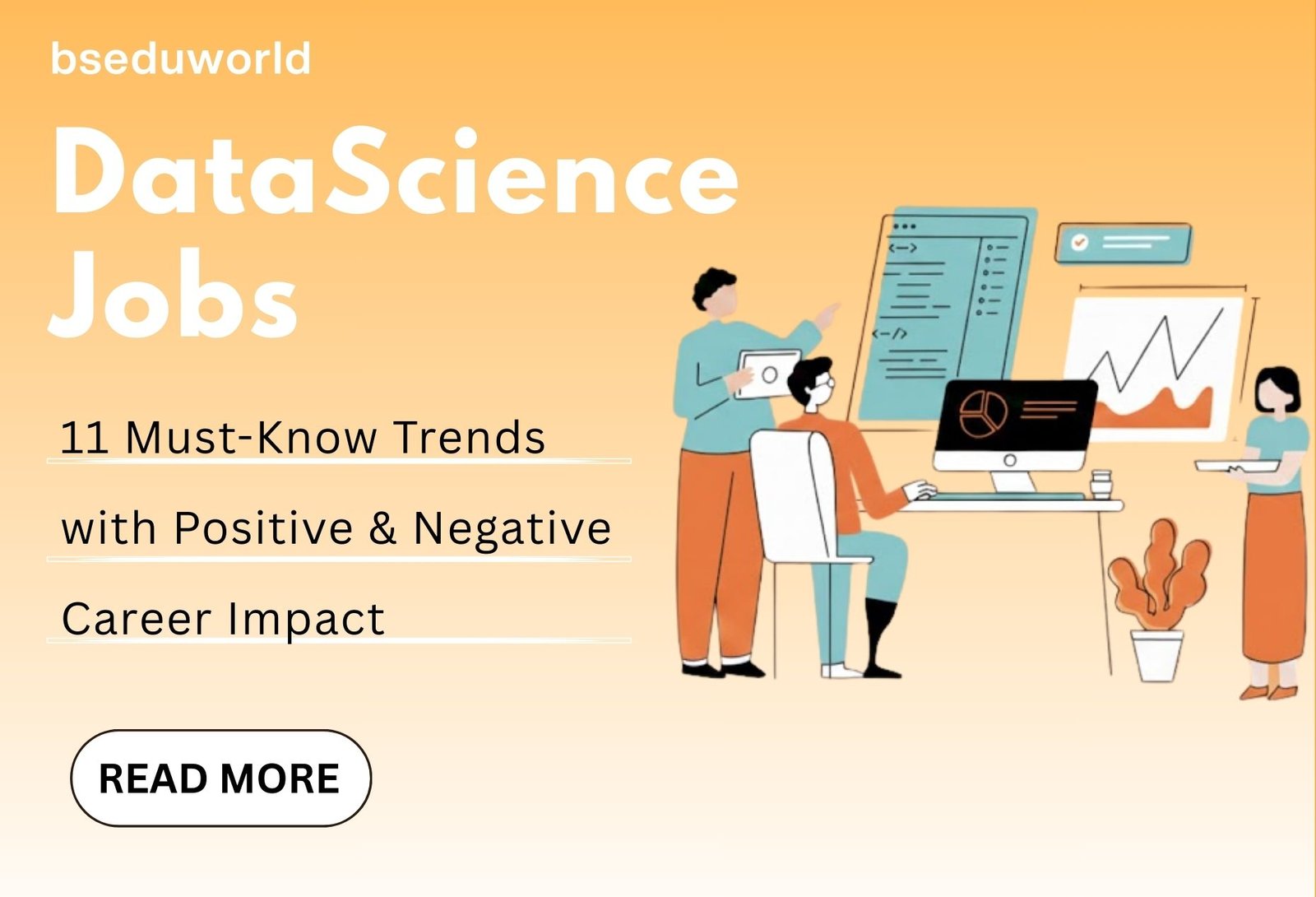PhD in Algorithms & Complexity
Dive into the theoretical heart of computer science. Design and analyze next-generation algorithms that solve complex computational problems. Explore deep questions of efficiency, intractability, and computational limits. Prepare to lead cutting-edge research in fields like AI, cryptography, and optimization. Shape the future of technology through fundamental discovery.
What is a Algorithms & Complexity?
Two fundamental questions in the field of computer science known as Algorithms & Complexity are addressed:
How can we effectively solve a problem? Algorithms
What are the intrinsic boundaries of computational efficiency? (Intricacy)
1. A precise, sequential formula for resolving an issue or carrying out a computation is called an algorithm. Creating accurate and effective algorithms for tasks like data sorting, shortest path finding, and information encryption is the main focus of this field.
2. The study of complexity examines the resources needed by an algorithm, mainly time (how long it takes) and space (how much memory it uses). It enables us to categorize issues according to their intrinsic complexity and determine which issues, despite the use of cutting-edge technology, are essentially unsolvable and which are tractable.
- Algorithms & Complexity essentially offers the theoretical toolkit that supports all effective computing, from enabling artificial intelligence to driving internet search.
The Power of a PhD in Algorithms & Complexity
You can lead the way in computational innovation with a PhD in Algorithms & Complexity. This advanced degree goes beyond fundamental knowledge to concentrate on creating ground-breaking algorithms and delving into the most complex issues surrounding computational efficiency and possibility.
Graduates become professionals who can advance quantum computing, cryptography, artificial intelligence, and optimization. In addition to learning how to solve challenging issues, you will also discover the limits of what technology is capable of. This degree puts you at the forefront of tomorrow’s digital innovations and opens doors to leadership positions in academia, cutting-edge research, and high-impact industries like tech R&D and finance.
You redefine technology when you have a PhD in Algorithms & Complexity.
Key Benefits of PhD in Algorithms & Complexity
1. Master the Art of Precision and Rigor
- Develop unmatched skills in producing exacting, rigorous mathematical arguments and proofs.
- Applying a methodical approach to analysis and reasoning will raise the standard of all your technical work.
- Learn to articulate complex technical concepts with accuracy and clarity.
2. Transition into Leadership Roles:
- Gain the profound ability to think abstractly that is required to direct high-level technical strategy.
- Get ready for executive positions where defining core technology is essential, such as principal scientist or CTO.
- Exhibit the ability to address the most intricate and fundamental issues that a business encounters.
3. Become a Highly Sought-After Expert:
- Obtain a credential that is highly sought after by leading universities, cutting-edge research labs, and top tech companies (FAANG).
- Establish yourself as an authority in a core area of computer science that is always in demand.
- Gain a substantial competitive edge in the employment market for positions requiring in-depth technical knowledge.
4. Drive Innovation Across Industries
- Optimize intricate systems in healthcare, logistics, and finance by using algorithmic thinking.
- In cutting-edge domains like cryptography and synthetic biology, push the envelope of what is feasible.
- Provide the fundamental, effective solutions that allow new applications and technologies to grow successfully.
Do You Think in Algorithms?
At BSeduworld, we think that the most brilliant minds naturally break down the world into manageable parts rather than merely using algorithms. They visualize graph optimization and see a logistics network. When they look at data, they see effective organizational structures. When faced with a challenging issue, they instinctively come up with a methodical approach to solve it.
You already have the fundamental mindset of a pioneer in Algorithms & Complexity if you find yourself optimizing daily routines, reverse-engineering processes, or being captivated by the inherent complexity of tasks.
This is the kind of person we want in our PhD program. We offer the demanding theoretical underpinnings and cutting-edge research setting necessary to turn your natural aptitude for solving problems into significant, industry-changing contributions. You will gain the profound, abstract thinking necessary to create the fundamental solutions that advance computer science as a whole here, in addition to learning about algorithms.
Are you prepared to create the future and formalize your curiosity?
Roadmap for a PhD in Algorithms & Complexity
Program Structure &
Curriculum
- Advanced Algorithms, Computational Complexity Theory, Graph Theory, Randomized Algorithms, and Cryptography Foundations are among the core courses.
- Algorithmic game theory, parallel and distributed algorithms, approximation algorithms, and quantum computing are among the electives.
- Research Seminars: Faculty and guest researchers participate in regular seminars and workshops.
- Dissertation: Original study culminating in a doctoral thesis on complexity and algorithms.
Admission Requirements & Eligibility
- A master’s degree in mathematics, computer science, or a closely related discipline (some universities may accept exceptional bachelor’s degree holders).
- A solid foundation in theoretical computer science, algorithms, and discrete mathematics.
- GRE results (if necessary).
For overseas students, proof of English proficiency (TOEFL/IELTS) is required. - A statement of purpose or research proposal.
- Letters of recommendation from researchers or academic supervisors.
Funding, Duration & Career Prospects
- Funding: There are frequently fellowships, university scholarships, teaching assistantships (TA), and research assistantships (RA) available.
- Duration: Usually 4–5 years (full-time).
- Career opportunities include jobs in research labs, academia (as a professor or researcher), cybersecurity and cryptography, data science, algorithm design in tech companies, and high-level R&D positions in both government and industry.
How Long Does It Take to Get a PhD
8 Steps to Complete PhD

How BS Eduworld helps you PhD in Algorithms & Complexity
The essential assistance needed to turn your research goals into a fruitful PhD in Algorithms & Complexity is offered by BS Eduworld.
Mentoring from Expert Faculty: Work closely with eminent scholars who offer tailored advice on your research.
Bright Research Culture: To encourage creativity, get involved in a cooperative community by attending seminars, workshops, and reading groups.
Complete Financial Support: With fellowships and assistantships that are funded, you can concentrate solely on your research.
Strong Resources: Get access to cutting-edge research libraries and computational clusters.
Career Launchpad: Get access to a global network of alumni in academia and business, as well as opportunities to publish at prestigious conferences.
Your groundbreaking research starts with the right support.
FAQ's PhD in Algorithms & Complexity
1: What background is required to apply for this PhD program?
Strong undergraduate or graduate degrees in computer science, mathematics, or a similar discipline are preferred, as is a track record of success in discrete mathematics, data structures, algorithms, and computation theory. It is crucial to have demonstrated mathematical maturity and problem-solving abilities.
2: I don't have a Master's degree. Can I apply directly after my Bachelor's?
Indeed. Highly qualified students straight out of bachelor’s programs are admitted to our program. Strong recommendation letters, outstanding academic achievement, and a demonstrated aptitude for theoretical research should all be included in your application.
3: What are the main areas of research within this program?
Our instructors and students conduct research in a variety of fields, such as:
- Theory of Computational Complexity
- Algorithm Design and Analysis (online, randomized, approximation)
- Algorithms and Quantum Computing
- Fair Division and Algorithmic Game Theory
- Security and Cryptography
- Graph and Network Algorithms
4: Is the program focused purely on theory, or are there applied components?
The research’s applications are numerous, despite its theoretical foundation. In fields like biology, machine learning, cryptography, and optimization, students frequently work on problems inspired by real-world difficulties and apply rigorous theoretical techniques to create effective solutions.
5: What does the funding package typically include?
All admitted PhD students receive full financial support, which includes a competitive stipend, a full tuition waiver, and health insurance. Funding is provided through research assistantships (RAs) tied to faculty grants or teaching assistantships (TAs).
6: What career paths do graduates typically pursue?
Our graduates are in great demand because of:
- Academic: As postdoctoral researchers and instructors at prestigious universities.
- Industry Research Labs: Working as scientists for tech behemoths like IBM, Microsoft Research, Meta (FAIR), and Google.
- High-Tech Industry: Positions requiring in-depth analytical abilities in core software engineering, quantitative finance, and advanced R&D.
Our Latest Blogs
Data Science Jobs: 11 Must-Know Trends with Positive & Negative Career Impact
There is a big change happening in the world of Data Science Jobs. As we get further into the decade, the field is losing its “one size fits all” identity and becoming
BBM Full Form: 5 Game-Changing Insights with Benefits & Drawbacks Revealed
The pursuit of a foundational degree that connects theory and practice is crucial in the ever-changing world of higher education and international business. Understanding the BBM F
Computer Science vs Computer Engineering: 7 Key Pros & Cons You Must Know (Powerful Comparison)
computer science vs computer engineering Two academic fields computer science and computer engineering stand as pillars of innovation in the quickly changing field of technology. T
Masters Degree Online: 1 Strategic Upgrade That Flips Your Career From “Stuck” to “Scaling”
Many aspirational people find themselves at a confusing crossroads in the quickly changing professional landscape of today. Professional stagnation is a widespread, unsettling feel
Business Law Degree 9 Powerful Reasons You Won’t Miss Big Opportunities Again
Introduction: The Unseen Advantage in Modern Business In a business world where things change quickly, there are a lot of rules to follow, and things are more complicated than ever
Full Form of MA 10 Essential Facts for a Confident Career Decision
Full Form of MA: 10 Essential Facts for a Confident Career Decision One of the most important choices you can make for your career and your life is whether or not to get a master&#
BA Course: The 1 Powerful Skill for Positive Career Impact
Students and professionals are at a very important point in their lives right now because the world of education and work is always changing. The decisions made at this crossroads,
B.Com LLB: 7 Pros & Cons Every Student Must Know A Powerful Guide
Are you at a career crossroads, torn between the analytical world of commerce and the dynamic realm of law? Do you find yourself intrigued by corporate legal battles, taxation poli
B.Sc Ott: Your 5-Step Guide to a Thriving Operation Theatre Career
Introduction: The Heartbeat of Modern Surgery B.Sc Ott – Imagine a space where a single choice can save a life, where compassion and accuracy coexist, and where a team works









